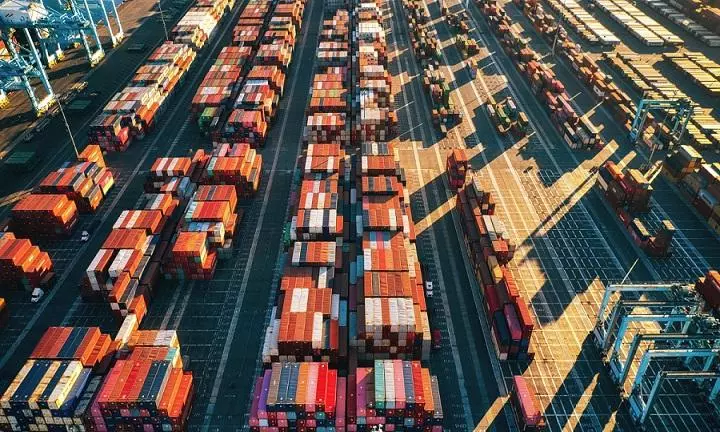DCSA members commit to standardised eBL by 2030
Nine ocean carriers commit to converting 50% of original bills of lading to digital within 5 years and 100% by 2030

Digital Container Shipping Association (DCSA) has announced that nine ocean carrier members have committed to 100 percent adoption of an electronic bill of lading (eBL) based on DCSA standards by 2030.
"Switching away from the transfer of physical paper bills of lading could save $6.5 billion in direct costs for stakeholders, enable $30-40 billion in annual global trade growth, transform the customer experience and improve sustainability," says a release from DCSA.
The bill of lading is one of the most important trade documents in container shipping, and functions as a document of title, receipt for shipped goods and a record of agreed terms and conditions, the release said. "Ocean carriers issue around 45 million bills of lading a year. In 2021, only 1.2 percent of these were electronic."
Thomas Bagge, Chief Executive Officer, DCSA
Thomas Bagge, Chief Executive Officer, DCSA says: “The digitalisation of international trade holds vast potential for the world economy by reducing friction, and as trade brings prosperity and the eBL will further enable trade, help bring millions out of poverty. This heralds the start of a new era in container shipping as the industry transitions to scaled automation and fully paperless trade. Document digitisation has the power to transform international trade and requires collaboration from all stakeholders. I applaud the leadership of our members in coming together to achieve this important milestone.”
Soren Toft, CEO, MSC, adds: “I am delighted that carriers are taking this big step towards paperless trade. Our industry needs to accelerate digitalisation to help make shipping more efficient, more secure and a better experience for our customers. On top of these benefits, moving to 100 percent eBL will contribute towards our climate goals as we move towards net zero 2050.”
Vincent Clerc, CEO, Maersk says: “This is an important step in the journey towards creating a digital standard of one of the most cost heavy and troublesome components in the shipping industry. A fully digitised bill of lading enables a more seamless customer experience across the supply chain and in turn it will help democratise trade and reduce time and costs for all involved parties. The need for digitisation in logistics is urgent, and the industry needs to speed up the process.”
Rolf Habben Jansen, CEO, Hapag-Lloyd: “We have been offering our customers electronic bills of lading since last year to simplify and streamline document handling for all stakeholders and to reduce our carbon footprint. The feedback from our customers has been very positive. The target of having 100 percent eBL by 2030 is an important part of digitalising global supply chains and will require a collective effort from the industry to make it a reality.”



